
Arts & Culture
The archaeology of olive oil in the ancient world

The books, podcasts, TV series, poems, footy matches and more that inspired us in 2024
Published 6 January 2025
From developments in artificial intelligence (AI) to the impact of disinformation on democracy, 2024 was a year marked by big social, technological, political and economic shifts.
And sometimes we all need either a bit more information about what’s going on in the world, or some time out from it.
We asked some of the University of Melbourne’s academics and researchers for recommendations of what they watched, read or listened to in 2024 that gave them unexpected insights, new ways of thinking or a sanctuary in troubled times.
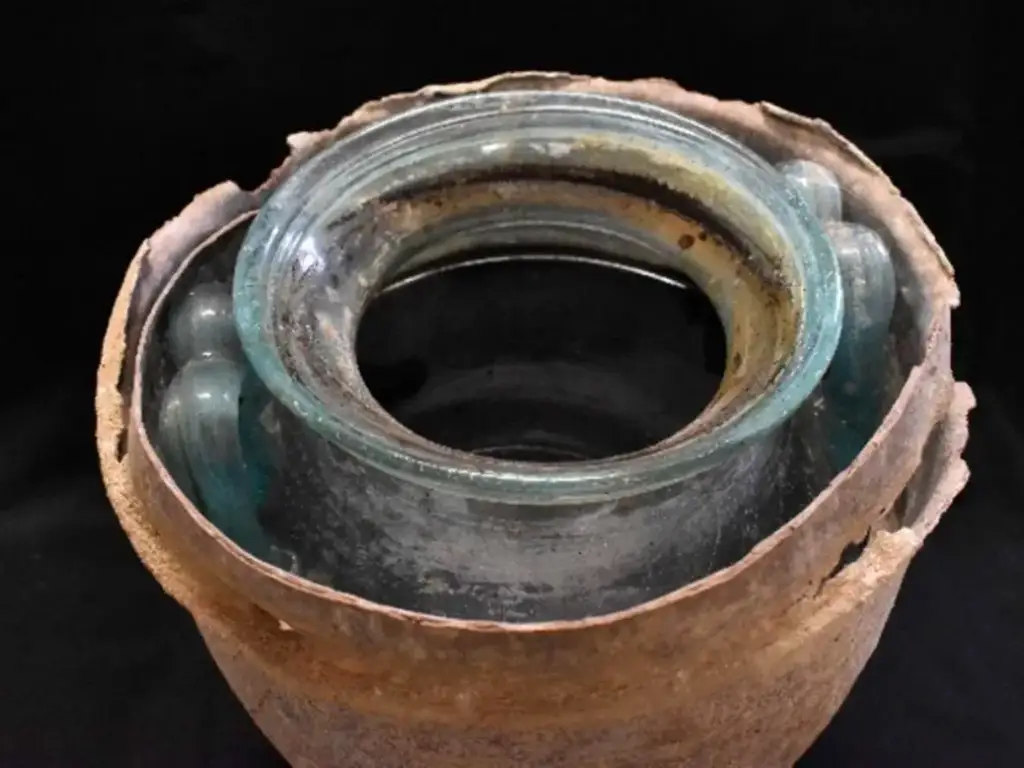
In part one of this series, we learn about ancient wines, deepfake AI, poetry and sci fi.
I read: My favourite research discovery of 2024 was when a mystery liquid turned out to be the world’s oldest wine.
The liquid was found in 2019, when a local family knocked down a wall on their patio in Carmona, Spain. Their home renovation accidentally revealed a Roman burial chamber with six intact cremation urns.
One contained a glass perfume bottle with traces of patchouli from India.
This year, analysis of the dark red liquid in another urn revealed the distinctive chemical signatures of white wine (darkened by the passage of time) as well as potassium from the ashes of human bone mixed with it.

Arts & Culture
The archaeology of olive oil in the ancient world
Wine was an essential offering at Roman funerals – graves and sarcophagi were even equipped with holes and tubes to pour wine for the dead on their birthdays and festivals.
While one of the researchers from the University of Cordoba rejected the opportunity to taste the ancient wine that had “spent 2,000 years in contact with the cremated body of a dead Roman”, his more daring colleague pronounced the flavour “salty”.
Dating back to the 1st century CE – this is the oldest still-liquid wine ever found.
You can find out more about Roman wine in White, Tawny, Blood-red, Black: Wine in the Greek and Roman Worlds, part of the exhibition Ancient Lives at the Old Quad until 7 July, 2025.
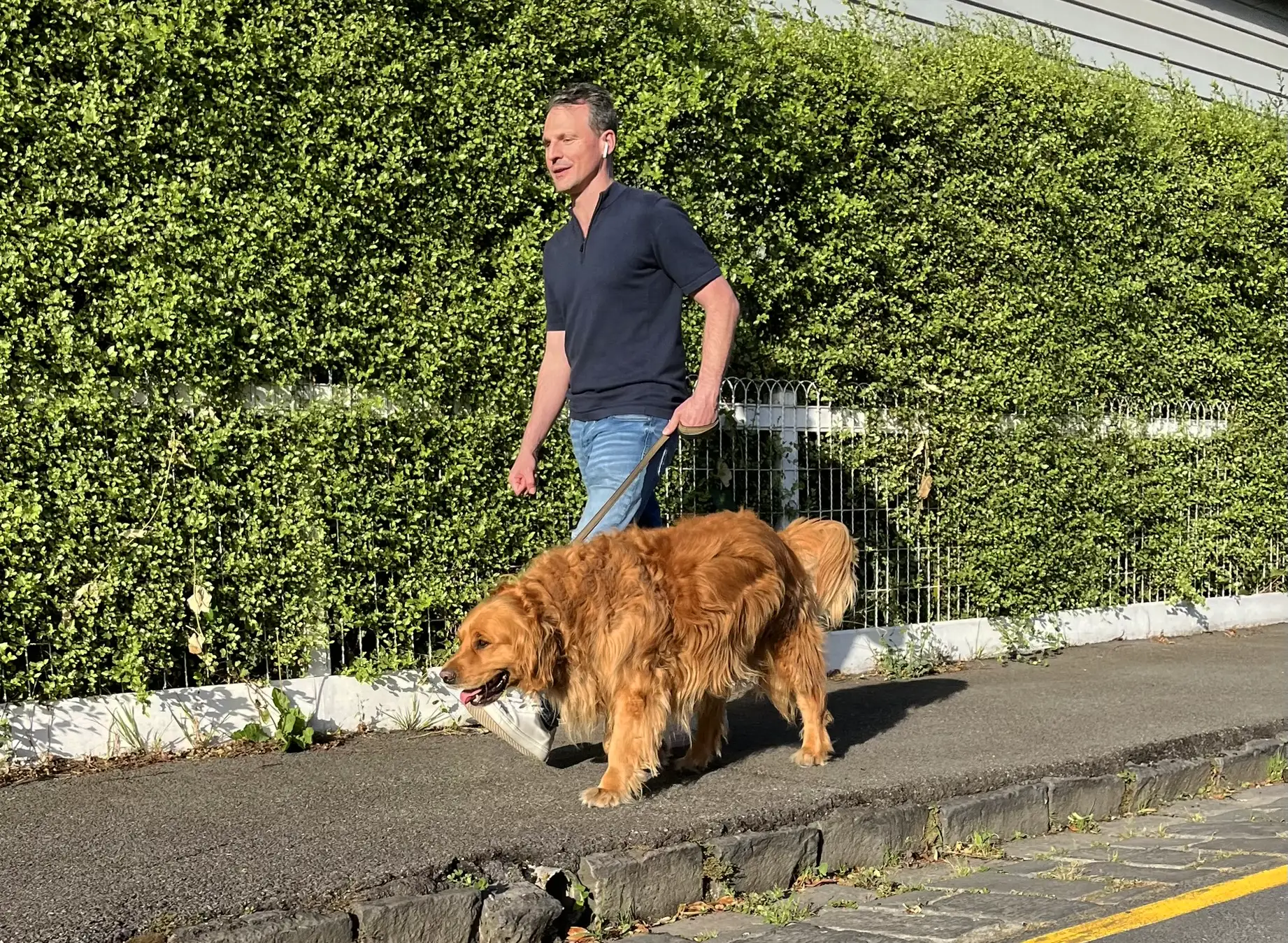
I listened to: So, I listen to a lot of podcasts. Anyone who lives in the inner north of Melbourne may have seen me walking my family’s golden retriever, earbuds in, fully engrossed.
As a computer scientist, I have a love/hate relationship with many tech and science podcasts: as often as I learn something intriguing, I may find myself frustrated when a podcaster inevitably waters down a scientific explanation for the sake of simplicity.
I was absolutely delighted, however, by The Guardian’s Black Box podcast series, which premiered early in 2024. Black Box explores the rise of AI and what it means for humanity, across seven engaging instalments.

Sciences & Technology
Banning kids from social media? There’s a better way
In one memorable episode, host Michael Safi tracks down the operators of a notorious app that has been used to create deepfake nude images and implicated in high-school harassment cases across the world.
In another, we learn about the rise of AI companion apps, and how they have been used globally to help people tackle grief and loneliness, as well as their downsides.
The series dives deep with AI luminaries including AI godfather and 2024 Nobel Laureate Geoffrey Hinton and concludes by meeting prominent AI “doomer” Eliezer Yudkowsky.
This series is recommended for anyone who is curious about AI and its role in society.
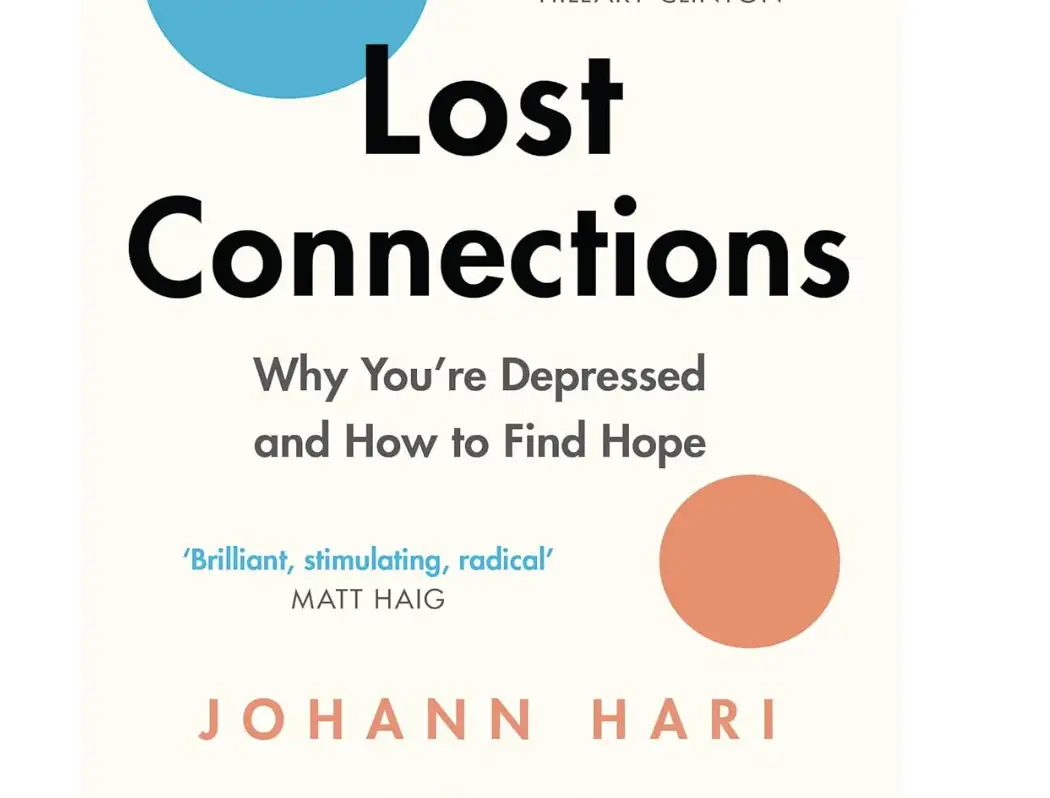
I read: One of the most thought-provoking books I’ve read this year is Lost Connections by British writer Johann Hari. A student recommended the book to me after a discussion on how the structure of today’s society exacerbates feelings of loneliness and disconnectedness.
In the book, Hari explores root causes of the modern epidemic of anxiety and depression, connecting these phenomena to profound social and psychological disconnections rather than chemical imbalances.
Hari argues that ruptures in modern life fuel our mental health crisis. In doing so, he thoughtfully critiques the over-reliance on pharmacological solutions, emphasising that while medication can help some, it often overlooks underlying social causes.
What I appreciated most were Hari’s actionable solutions, which feel both radical and achievable. This book aligns with what I see in my research, highlighting the importance of belonging and purpose as significant drivers of positive mental health.

Health & Medicine
Teen brains are wired to take risks, but that can be a good thing
Perhaps more importantly, it resonated personally with my experience of finding connection to meaningful work and the natural world in my midlife. As a bonus, Hari’s description of loving-kindness meditation and the power of sympathetic joy is beautifully adept.
I listened to: Need a break from human-centric media? Umwelt is a brilliantly crafted four-episode podcast that ventures into the minds of some of Earth’s most fascinating creatures.
Think of it as a cognitive safari, where each episode opens a window into how different animals perceive and process their world.
You’ll hear about the perspective of octopuses who might dream and problem-solve with semi-autonomous arms, or mantis shrimp wielding the animal kingdom’s most sophisticated colour vision.
Australian host Ryan Pemberton strikes the perfect balance between scientific depth and captivating storytelling. Leading researchers share groundbreaking insights about their animal subjects with infectious enthusiasm.
Whether they’re decoding whale communications or unravelling the hunting strategies of surprisingly intelligent spiders – each episode transforms complex research into accessible adventures.
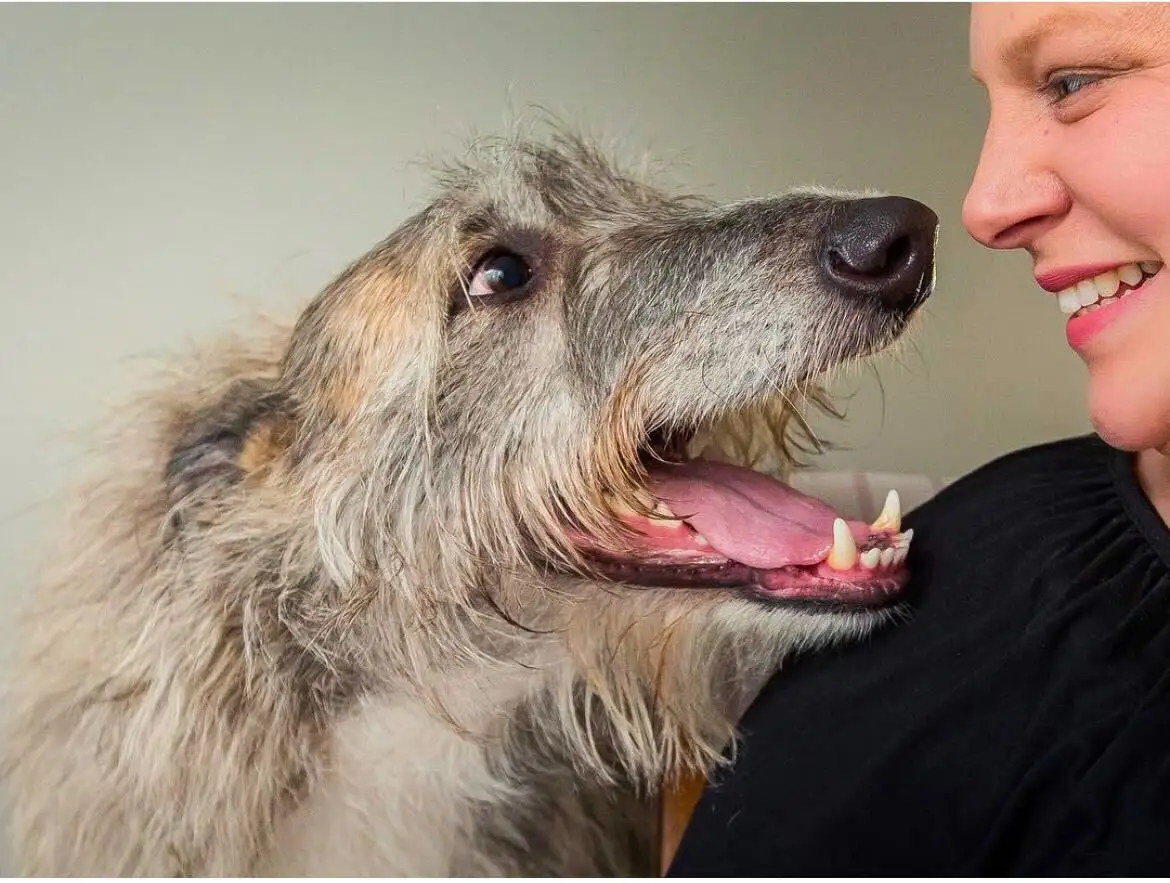
The production quality shines through carefully crafted sound design that enhances rather than overshadows the content. It’s clear that Pemberton and the Umwelt team understand both the science and the art of great science communication.
Perfect for curious minds and science enthusiasts looking for something fresh this holiday season, Umwelt reminds us that intelligence and consciousness come in remarkably diverse forms.
It’s the kind of listening that changes how you see the world – and the wonderful creatures we share it with.
I read: This year has been one of fracturing. Of social fissures deepening and people moving further towards the poles.
Throughout this year, I have returned to poetry. One piece in particular has come up in my thoughts and conversations – Diaspora Blues by Ijeoma Umebinyuo:
So, here you are
too foreign for home
too foreign for here.
Never enough for both.

Politics & Society
Australia isn’t immune to disaster disinformation
In this global election year, we’ve seen populism rise. We’ve seen inequality and insecurity rise. As well as increasing racism, bigotry and conflict.
We’ve seen the impact of global events on local communities. And we’ve seen emboldened rhetoric of unwelcome, prejudice and hatred.
As a researcher in disinformation, I watched on as anti-immigrant and anti-Muslim riots unfolded in cities and towns across England in July and August. My social media quickly filled with the cries of my friends and acquaintances who were targeted in protests against them and others who might be them.
People who walk between cultures, or whose lives span two cultures – or three, or more. People who feel entirely part of just one culture, one nation until events like this seemingly retract their membership.
This has been echoed throughout the year – groups targeted by disinformation and hatred to suit agendas they have no bearing on. Division sells. And we focus so much on the people wielding the weapons of division.
Ijeoma Umebinyuo’s poem invites us to return to the lived reality of those targeted – their experience and their place. Too foreign everywhere. Never enough.
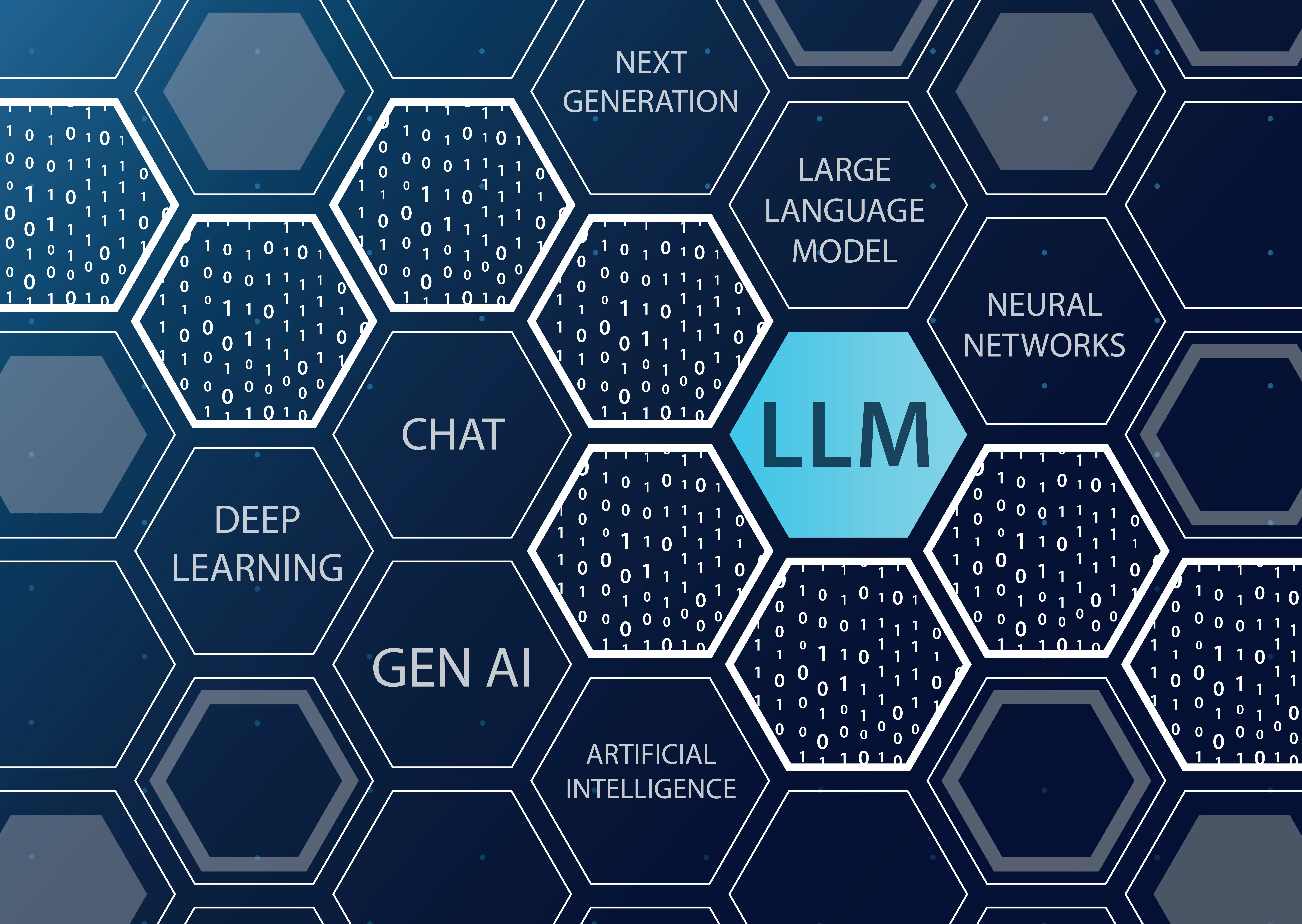
I read: A groundbreaking study just published in JAMA that reveals that large language models like ChatGPT are giving doctors a run for their money, raising profound questions about the future of healthcare.
The study compared 50 doctors tackling six challenging but not exceedingly rare, simulated cases – some working with conventional resources versus others using a large language model.
The findings? While there wasn’t much difference between doctors using traditional methods and those with AI support, the extraordinary finding came from a secondary result: the large language model working alone on average far outperformed both groups of doctors.
Unlike typical studies focused solely on diagnostic accuracy, this one dug deeper into clinical reasoning and cognitive processes, making the findings even more compelling.
Before we give up on the medical profession (stick with your doctor please), it’s important to note some limitations. Simulated cases are far tidier than the messy, unpredictable realities of clinical practice, where incomplete information and patient variability challenge even the best algorithms.

Health & Medicine
Artificial intelligence is changing the way your GP works
As a GP, I find large language models invaluable – not as replacements but as enhancers. They help me challenge my clinical reasoning biases, make connections I might have missed, and avoid me anchoring too strongly to an initial diagnosis.
I believe the future of medicine likely lies in a partnership. Large language models will undoubtedly play a significant role in complex clinical reasoning, but doctors bring irreplaceable strengths in communication, trust and ethical decision-making.
The challenge now is figuring out how to balance these roles to provide the best care for patients in an AI-powered health system.
I watched: For recreation, I’ll always pick corpses. Fresh ones. Stone cold frozen ones. Sometimes even a basement chockful of them.
Add in a grizzled detective battling a litany of personal and professional demons and I’m content. For leisure, I’ll always go to crime-dramas and, ideally, brogues and burrs.
Truelove is a six-episode thriller/drama/romance hybrid. Unlike most of the British crime-dramas I favour, this one isn’t a detective series, although there are certainly twists and turns and a mystery at the core.
But it’s beautifully thornier than that.
Like any film or series I fall in love with, the synopsis fails to capture the charm. In this instance, Channel 4 sells the series as a group of old friends who make a pact to help each other die with dignity. It’s about that, sort of, but it’s so much more than an assisted dying morality play.
Unusually for the screen, we’ve got a cast almost entirely in their 70s. We’ve got decades-long friendships and truncated love affairs, disillusionment and deceit. And happily, we’ve also got sexiness.
Truelove makes the exception that proves the rule about just how rare it is to see older people presented as desirous, as desirable. There’s an authenticity to the sex scenes that felt beautifully jarring to watch.
The older cast and the very dry dark humour, incidentally, is happily reminiscent of Richard Osman’s Thursday Murder Club series – coming soon to the screen – which I’ll add in as a bonus Summer recommendation.

I read: An “oldie” – the Foundation trilogy. I’d heard about the trilogy and with the recent new streaming series based on the books, I finally read the original.
The key notion in Isaac Asimov’s trilogy is being able to predict and modify history by ‘scientific’ means (through the discipline of ‘psychohistory’) which appealed to me in a year when I was despairing about the world reaching 1.5°C and reaching the climate change tipping point at a time when climate denialism seemed to be back in vogue.
I did put the first book down for a while because the writing is truly clunky in places and the main characters lack cultural diversity and are mostly men.
However, I was keen to find out about the fate of the exiled psychohistory protagonists (the Foundation) on the planet Terminus where the group transforms into one devoted to documenting knowledge.
This eventually leads to the knowledge of atomic power and other forms of advanced technology that are used as bargaining tools used by the Foundation to increase its power. This part of the book reminded me of the ongoing nuclear vs (somewhat) renewable power positioning of the major Australian parties
Needless to say, in the books, there are various military manoeuvres on the different planets that increase the power of the Foundation but then an apparent random event outside of the psychohistory predictions leads to a different party becoming powerful.
As in all scientific experiments, it is good to have a backup, and in this case a second Foundation emerges.
Unfortunately, the old and new Foundations seem to disagree (producing inconsistent data and predictions?) and the third option of Gaia emerges (a new adaptive strategy?) that seems to allow for a more harmonious world with both sides considering themselves victorious.
As a biologist working on interactions among microbes and insects, which can swing between mutualistic and parasitic, with the outcomes probably remaining completely unclear to both parties, I could relate to this outcome.
Anyway, I can recommend these books but make allowances for outdated archetypes of the 50s.

I listened to: The Back Bone Zone podcast with Tyson Jones Peni and guest Ross D. Lavender grabbed my attention this year.
In the podcast, Lavender explained the Unscene BMX archive, a comprehensive collection dedicated to preserving the history and culture of BMX in Australia. His passion for ensuring this niche but influential part of Australian sporting heritage is not lost to time was truly inspiring.
Lavender discussed the origins of BMX racing and freestyle in Australia, the rise of iconic competitions and events, and the stories of pioneering riders who helped shape the scene.
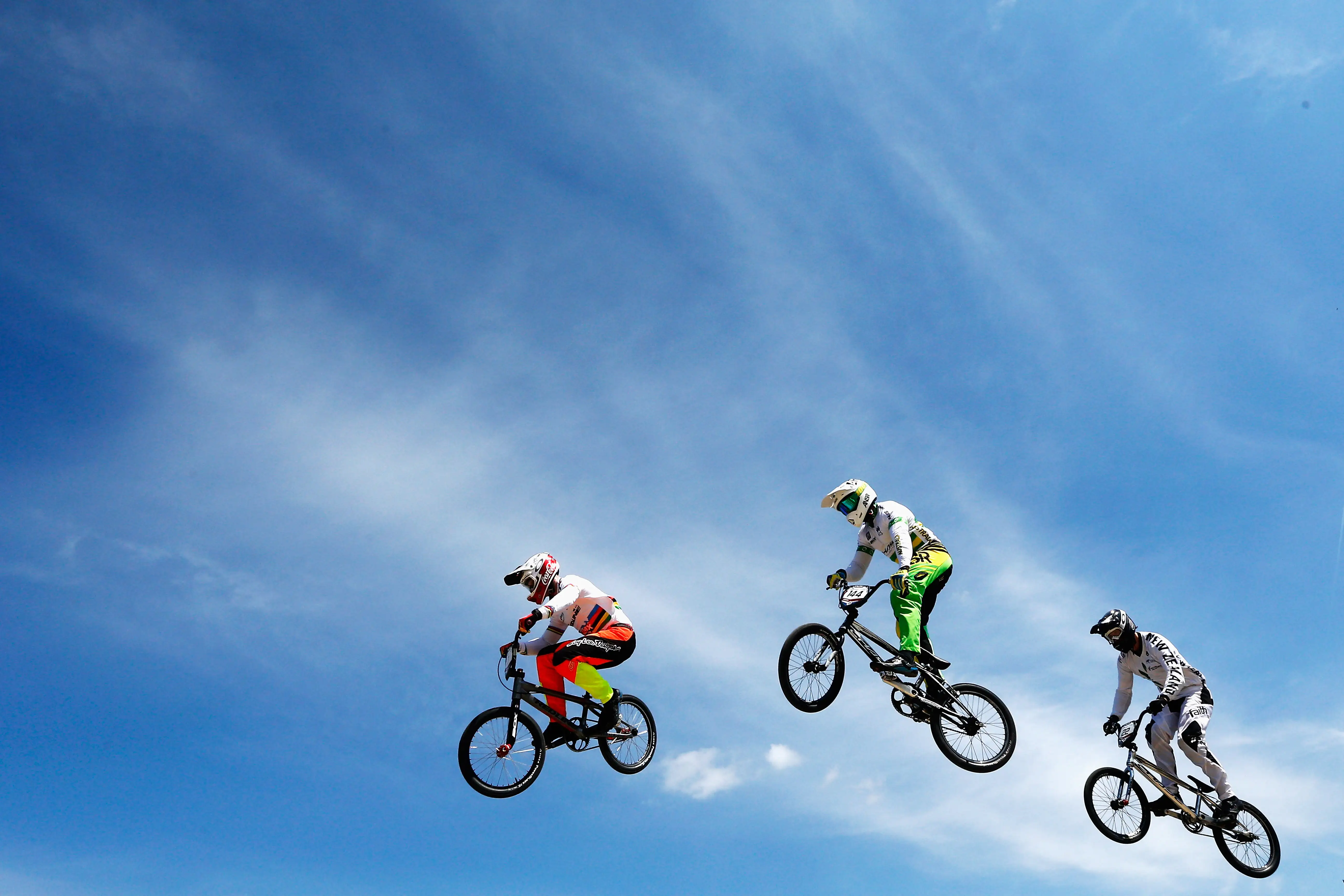
He highlighted the importance of oral histories and first-hand accounts in filling gaps in the written record.
Lavender’s efforts to track down old videos, zines, photographs and memorabilia demonstrated his passionate approach to archiving.
Overall, the podcast showcased Lavender’s mission to create a lasting legacy for BMX in Australia before memories fade and artifacts are lost forever.
His work ensures future generations can appreciate the origins and evolution of this distinctive culture and pay homage to pioneers of the sport.